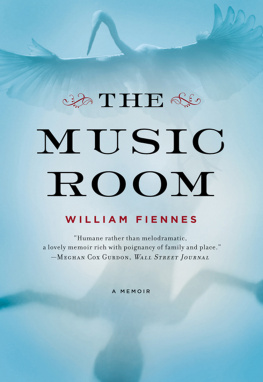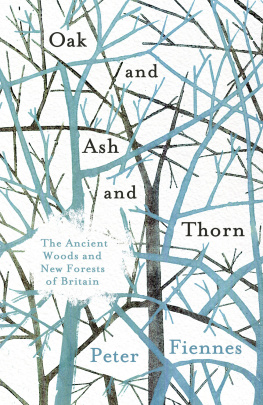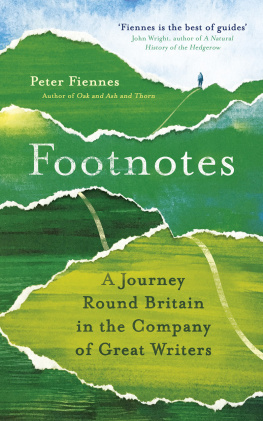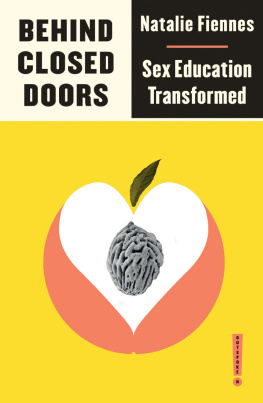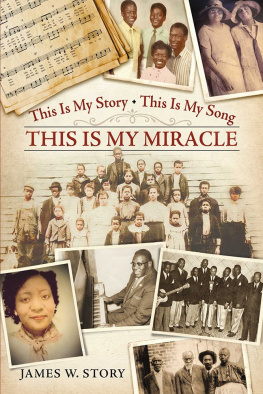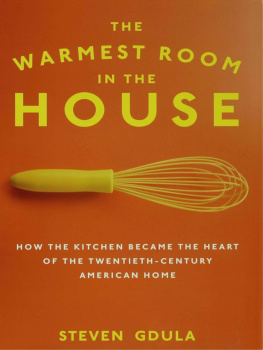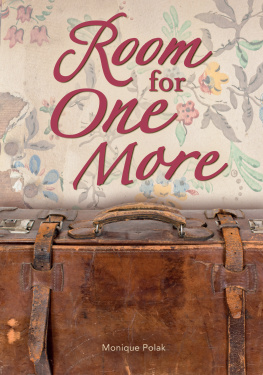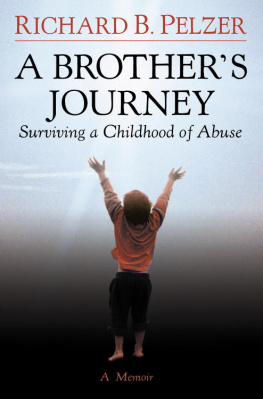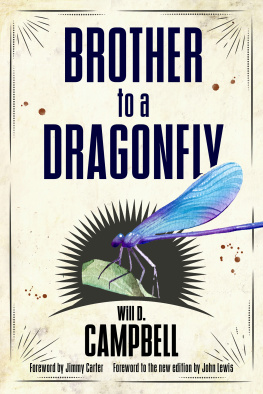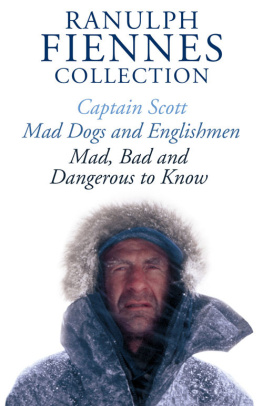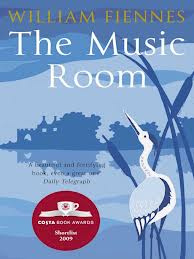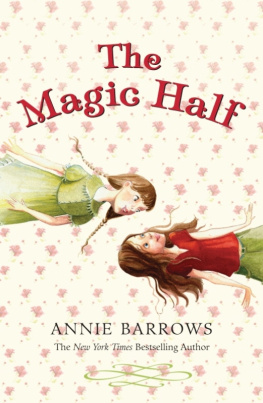W. W. N ORTON & C OMPANY
For information about permission to reproduce selections from this book, write to Permissions, W. W. Norton & Company, Inc., 500 Fifth Avenue, New York, NY 10110
Fiennes, William.
The music room/William Fiennes.1st American ed.
p.cm.
Also published: London: Picador, 2009.
ISBN: 978-0-393-07695-0
1. Fiennes, WilliamChildhood and youth. 2. Fiennes, WilliamFamily. 3. Fiennes, WilliamHomes and hauntsEnglandBanbury Region (Oxfordshire) 4. Broughton Castle (England) 5. BrothersEnglandBiography. 6. EpilepticsEnglandBiography. 7. Banbury Region (Oxfordshire, England)Biography. I. Title.
CT788.F436A3 2009
942.57086092dc22
[B]
W. W. Norton & Company, Inc.
500 Fifth Avenue, New York, N.Y. 10110
www.wwnorton.com
W. W. Norton & Company Ltd.
Castle House, 75/76 Wells Street, London WIT 3QT
ONE
T HE SCHOOL ASSEMBLY HALL was closed for renovations and on Sundays we walked to a church for our weekly service. We spread rumours along pews and daydreamed through sermons until one visiting preacher secured our attention by hoisting a bag onto the pulpit rima scuffed black leather bag with accordion pleats at each end, a bag a doctor might take on night visitsand unpacking metal stands and clamps we recognized from science labs, and various jars and packages he ranged along the shelf in front of him. He was in his fifties, dressed in a grey suit and a black shirt with a white dog collar, and he didnt say anything while preparing his equipment, tightening a clamp on a retort stand, fixing a cardboard tube between the jaws. He struck a match; a fuse caught and sizzled; he shook the match out and stepped back to watch the flame. Then we understood that what hed clamped to the stand was a firework. The tube flared with a soft, liquid rush, sparks and white embers falling to the stone floor, the preachers spectacles glinting in the brightness. The fountain died with a last sputter like someone clearing their throat, the after-image burning in our eyes.
Light, the preacher said.
Our house was almost seven hundred years old, a medieval beginning transformed in the sixteenth century into a Tudor stately home, a castle surrounded by a broad moat, with woods, farmland and a landscaped park on the far side, and a gatehouse tower guarding the two-arched stone bridge, the islands only point of access and departure.
The gatehouse doors hung on rusty iron hinges, grids of sun-bleached vertical and cross beams like the gates of an ancient city, a Troy or Jericho, creaking like ships as you manoeuvred them. I pushed my hand deep into the keyhole to feel the lock tumblers, and climbed the waffle pattern of oak beams until my strength gave out; I imagined cauldrons of boiling oil tipped through the trapdoor on intruders; I gazed up at the flagpole turret, a canvas flag of blue and white quadrants, gold lions and black moles and chevrons rippling overhead, jackdaws clacking like snooker balls.
When the gates were closed it was as if the house had picked up a shield, but they were almost always open. My father worried for the strength of the hinges and didnt want to stress them. The gatehouse was a rugged keep with arrow-slit windows and a spiral staircase of cold stone that turned through zones of light and shadow to a leaded roof, the moat far below, a heron stooped like an Anglepoise on the near bank, moorhens legging it across the grass. My mother painted Turtle and Pearce flag bunting on the parquet floor by the upright piano; my father carried the new flag up the gatehouse stairs; I followed him onto the roof, watching as he propped the ladder against turret battlements and began to climb. He attached the flag by duffel-coat toggles and when he raised it the canvas unfurled with flame-like rip and putter, blue and white quarters flush to the wind.
Richard was the eldest, eleven years older than me, eighteen months older than Martin and Susannah, the twins. My fathers parents had died within ten days of each other not long before I was born, and my family had moved from their village house to the estate passed down through my fathers ancestors since the fourteenth century.
Beyond the churchyard a path of irregular flagstones joined by seams of moss and grass led past the orchard to the road, a wrought-iron gate hanging off-kilter on the far side. Sometimes I opened the gate and took the gravel path uphill through a scrubby wasteland district of nettles and elder bushes. The country flattened off and you came to a stockade of iron railings tipped with spear-points, a kissing-gate that groaned when you disturbed it. The graveyard backed into farmland, a sea of wheat pressing against the railings, trees busy with wrens and chaffinches on the other three sides, floral tributes slumped against the headstones. My grandparents and great-uncles and aunts were buried here; a newer stone beside them marked the grave of my brother Thomas, too soon for lichens or mosses to have got started.
My father kept a black-and-white photograph of him in a leather frame by his bed, and another next to the lamp on his desk; my mother had the same photograph under the glass top of her dressing-table: a boy standing on a hillside, not quite three years old, hair teased by wind, hands clasped in front of his chest, looking away into unrevealed distances. He looked like both of my brothers and me, all at once. Sometimes I stood close to the photographI was always careful not to touch itand concentrated on Thomas, looking for small changes in his expression, trying to imagine him in three dimensions, walking into the kitchen or across the lawn. I wanted to hear his voice.
I knew what had happened, though no one had told me directly. I must have pieced it together from different sources, conversations Id overheard, my mother or father describing the event to others: a horse, a road, a car passing. When people pointed to the photograph and asked me who it was, I said it was my brother, Thomas, and that I never knew him, he died two years before I was born. I didnt understand why they said they were sorry. I knew it was a loss, but I couldnt feel it as one. He was a presence to me, not something taken away.
I played in a room at the east end of the house, the moat immediately outside. On clear mornings light bounced off the water through the windows, the white ceiling suddenly unstable with ripples and wind-stir, the surface of the moat reproduced in sunlight overhead. Our new freezer had just been delivered, and Id got the cardboard box to customize into a secret house, a hatch cut into one side. My father was at work, dog-eared maps and his battered lunch tin on the passenger seat, and my mother was showing a group of history students round the house, so Patsy was here to keep an eye on me and Richard. I liked the threshold moments of crawling into or out of the den, the clement burrow darkness inside the box, the smell of cardboard, the enticing privacy and warmth. Lying on my back I could look through a crack in the roof and watch the ceilings imitation of water.
Patsy tried to interest Richard in a book but he was restless, brooding, pacing the room. He noticed a pair of moorhens paddling close to the window and shouted at themShoo!as if theyd insulted him, and that eruption seemed to nudge the whole morning off its rails, because Rich stood there with both arms held out like a scarecrows, his eyes half-closed, lids fluttering, as if there were static electricity in his eyelashes that made them flicker in and out of each other. His arms began to jerk; he turned round on the spot with his arms held out, jolting; the room went sludgy, as if a spell had swung us out of orbit and everything was slowing downas if Patsy and I existed in our own current of time and were moving past Richard on a raft, keeping our eyes fixed on him. The spell lasted less than twenty seconds, and as he came through it he lowered his arms to his sides and saw both of us looking intently at him.

